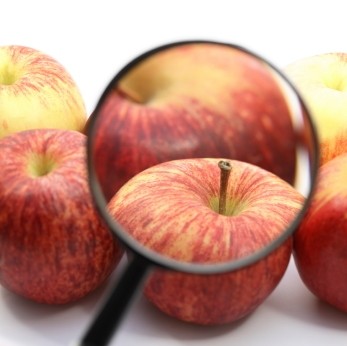EC approves six GM corn varieties for food and feed
Under the EU’s regulatory system, if no majority decision is reached in Committee, the issue is referred back to the Commission to make a default decision.
"The six adoptions of today are the result of a usual and standard procedure concerning the authorization of GMOs to be used in food and feed and have no link with the recently adopted package on cultivation," the Commission said in a statement.
The approvals are valid for ten years, allowing the use of the six GM maize varieties in food and feed, but not for cultivation.
However, the maize varieties will need to be labelled according to EU rules, which state that products that contain more than 0.9 per cent genetically modified ingredients must indicate GM content. But this does not apply to meat and dairy products, with no requirement that a distinction be made between those that come from animals fed GM or non-GM feed.
Some member states are staunchly opposed to GM, and anti-GM groups argue that the long-term impact of genetic modification for human and environmental health is unknown, and may not become clear for many years.
One of the approvals renewed a previous decision on Syngenta’s insect-resistant Bt11 maize that expired in 2007, while the other five were for stacked corn varieties, combining insect and herbicide resistance; one from Syngenta, two jointly developed by DuPont and Dow AgroSciences, and two from Monsanto.
The approvals come on the heels of an EC proposal two weeks ago to allow member states to make their own decisions on whether they cultivate GM crops.
US sanctions?
The EU has a zero-tolerance policy on unapproved GM material in imports that led to disruption of animal feed supply last year, when shipments from the United States were refused entry after they were discovered to contain traces of unapproved crops. The American Farm Bureau Federation – the United States’ largest farming group – this week urged the Obama administration to impose sanctions on the EU, saying the 27-nation bloc has not complied with a 2006 World Trade Organization ruling against its ‘de facto moratorium’ on approving new varieties for cultivation.
The EC has said it intends to propose a small tolerance margin for unapproved material in imports later this year.
MON 810, marketed as YieldGuard, is the only GM crop which is cultivated commercially in Europe. In 2008 it was planted on 107,000 hectares in seven member states. The trait is resistant to the corn borer pest. But in France, Germany, Hungary, Austria, Luxembourg and Greece it has been banned, although the European Food Safety Authority (EFSA) gave its opinion in June last year that the crop is safe – reiterating its original 1998 opinion on the crop.
In March the Commission announced the approval of BASF’s Amflora potato, for industrial starch use. This is the first GM plant to have received the go-ahead for cultivation in the EU in 12 years.





















